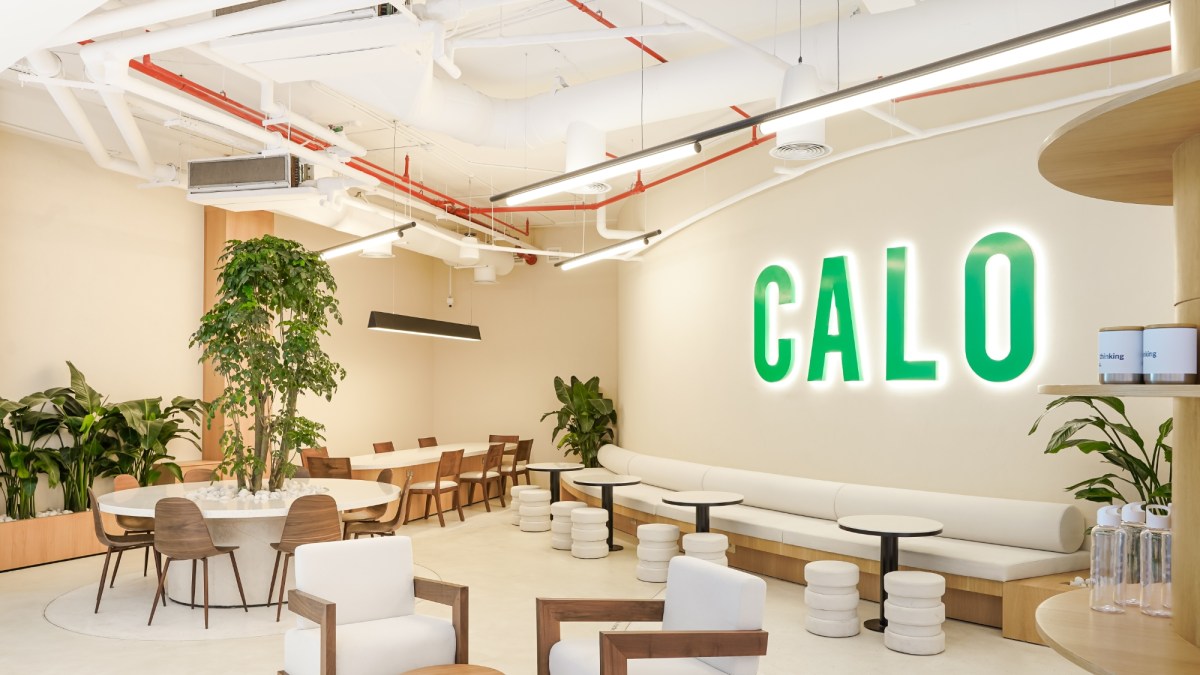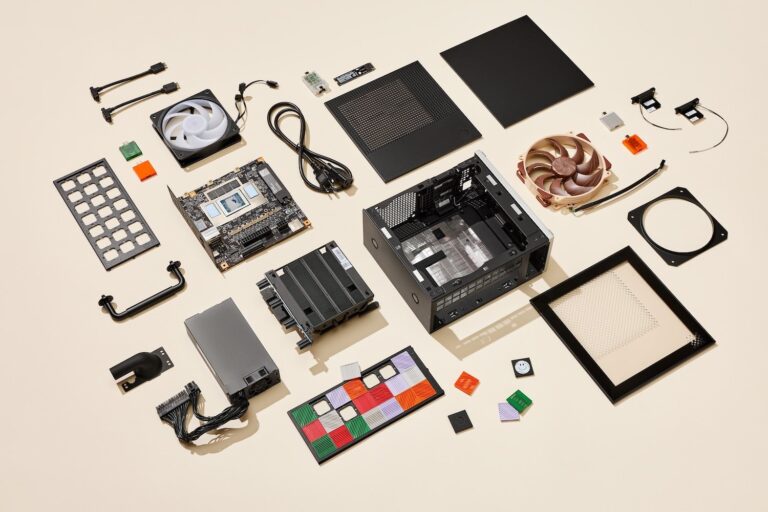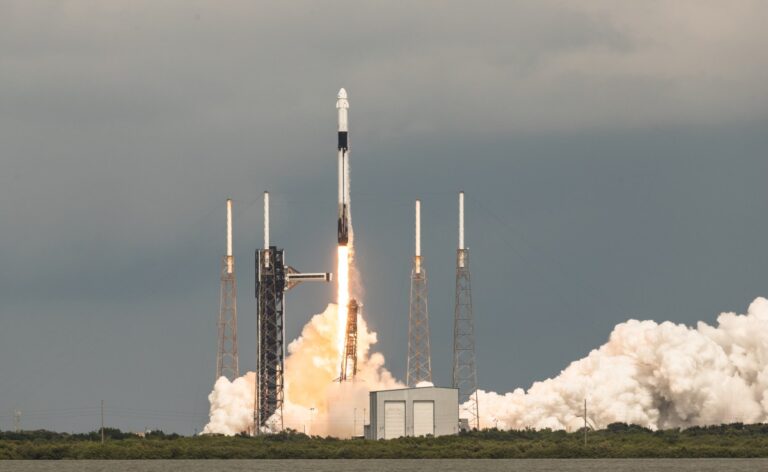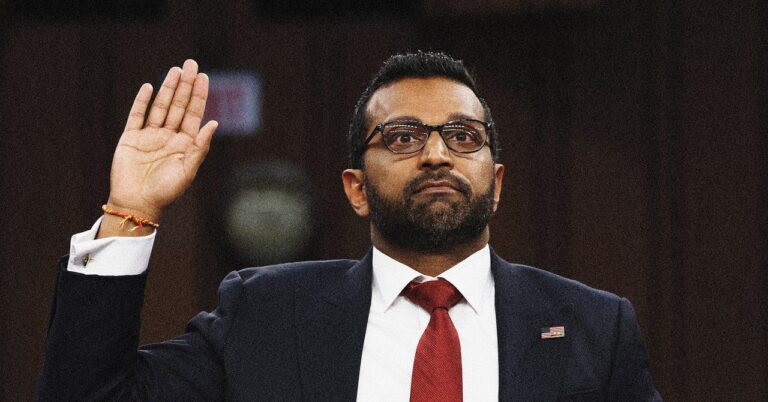Calo raises $25 million to expand its ready-to-eat meal service beyond the Middle East
A business built around increasingly customized ready-to-eat meals has netted Middle Eastern startup Calo a sizeable funding injection as it looks to expand both what it can offer its time-strapped customers and where it delivers its growing range of just-heat-to-eat dishes.
The meal delivery market in the Middle East will hit $11.2 billion by 2030, according to a report from MarkNtel Advisors published last year. Food aggregators such as Careem, Deliveroo and Talabat have built big businesses by banking on the habits of busy professionals ordering food in rather than making meals themselves — fuelled in large part by the COVID-19 pandemic.
Riyadh-based Calo differentiates itself by offering customized meal subscriptions for specialized segments like weight loss, high protein intake, or balanced meals — targeting customers who care what they are eating, not merely when their food will arrive.
The startup plans to further lean into meal customization to cater to more personalized segments and food needs, such as meals geared towards those seeking muscle gain, or suffering from diabetes, IBS (Irritable bowel syndrome), or PCOS (polycystic ovary syndrome). Calo’s premise is that people who fall into these categories will pay a premium for food customization features that meet their convenience needs.
The company is so confident it’s onto something that it’s also in the process of acquiring an unnamed food startup in the U.K. to expand its footprint outside the Middle East next year — with ambitions to go global.
To fund the new growth vectors, Calo has raised $25 million in Series B funding led by Nuwa Capital with participation from Khwarizm Ventures and STV. Notably, all these investors are returning investors.
Calo is now valued at around $250 million, according to multiple sources TechCrunch spoke to.
The startup, which operates in Saudi Arabia, UAE, Kuwait, Qatar and Bahrain, allows users to pick healthier ready meals, including breakfast, lunch, dinner, and a snack — offering meal filters such as balanced, high protein, low carb, and vegetarian. Users can customize their meals and plans and even skip days.
The approach has built momentum in the region: this year Calo says it has served 10 million meals, with the average cost of a meal ranging from $7 to $9.
Beyond the Series B round, Calo said it’s aiming to close a $25 million extension round by Q1 2025 and has a goal of going public in the next few years. So this might be its last funding tranche before the company lists in Saudi Arabia. (With the Series B closed, Calo has raised a total of $51 million across multiple rounds.)
“It is a powerful idea to deliver ready-to-eat meals that are nutritious, healthy, and customized to your needs,” Khaled Talhouni, managing partner at Nuwa Capital, told TechCrunch over a call. “Whether you want to build muscle or lose weight, Calo helps you personalize meals, and that idea has us excited.”
“The GCC [Gulf Cooperation Council] market has an inbuilt propensity to order food. That’s why companies like Talabat and Deliveroo are successful. Plus, Calo’s logistic model, which is like a bulk milk run, puts them in an advantageous position,” he added.
Calo was started in Bahrain by Ahmed Al Rawi in 2019. Prior to that, Al Rawi built another startup for people to book sports venues and join ongoing games. Later, he advised startups in New York before starting Calo.
“Before building the startup, I thought there wasn’t much to be done in food delivery as startups like Careem already existed. But I realized that a segment of customers wanted customized meals with specific calorie counts or ingredients, and incumbents didn’t offer this level of personalization,” Al Rawi told TechCrunch over a call.

He noted that services existed to give meal recommendations based on a person’s height, weight, age, gender, and activity, but they didn’t provide actual meals, which wasn’t ideal for busy professionals — hence Al Rawi spotting an opportunity for more customized meal delivery.
According to Calo, people are buying 30% more meals on its service vs. an on-demand food aggregator (i.e. such as Careem). It credits this stickiness to combining meal delivery convenience with saving its customers the hassle of finding the right dish to meet their health goals.

The company operates one central kitchen per city, using vans to make deliveries across cities with help from smaller vans and individual riders. Per Al Rawi, Calo currently has 200 vans driving across the Middle East.
Customers receive their meals in a chilled state, which they can reheat in a microwave or by using a pan on their hob. The startup said it has been able to keep its ops quick and lean by not having a lot of delivery centers and by sticking to scheduled deliveries.
Future Roadmap
In addition to opening up the new segments mentioned above, Calo plans to introduce even deeper personalization for users — where they will, for example, be able to specify the exact portion of protein, carbs, or fat they want in a meal, or remove an ingredient.
The startup is also experimenting with new business models, such as retail kiosks for grab-and-go meals in places like corporate offices, and an on-demand delivery service.

Currently, Saudi Arabia represents 70% of Calo’s revenues, with UAE coming second at 15%. However, Al Rawi told us it expects the UAE to grow exponentially in the coming years.
This year Calo hit nine figures in annualized revenue and runs at a nearly break-even state. The company aims to reach profitability by next year, ahead of going public.
“Because we are capital efficient, we didn’t need to raise money and grow organically. But we saw new growth opportunities. So we primarily raised money to expand our business models, cater to more segments, and also open up new geographies that we serve in,” Al Rawi added.







